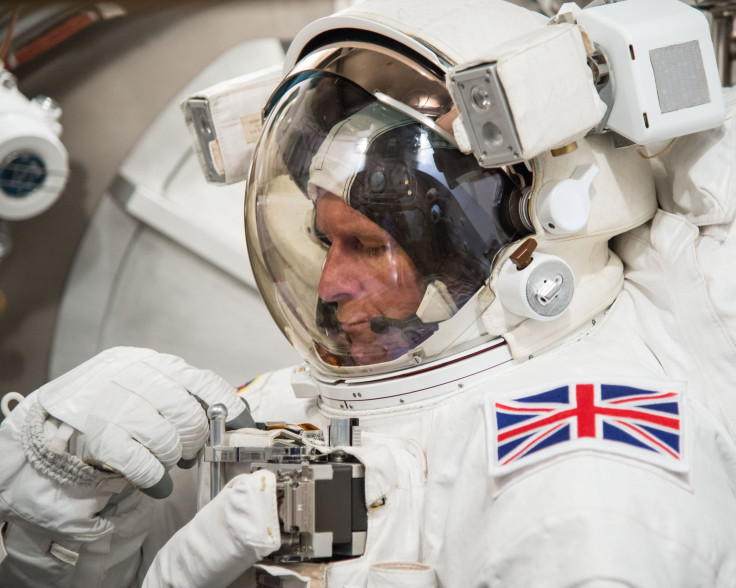First-Ever UK Space Policy Quotes Mr. Spock, Says Anything Other Than Growing A Private Space Industry Would Be 'Illogical'

Timothy Peake will become the first British citizen in space when he is launched to the International Space Station on Tuesday. But the U.K. has even higher space aspirations: Like the U.S., the U.K. wants its own private space industry, too.
On Sunday, the British government released its first national space policy, which among other things sets a goal of growing private space into a $60 billion industry by 2030 from $18 billion in 2014.
"Historically we haven’t been a major player in space programs. This policy will change that because, in the words of my hero Mr. Spock, to do anything else would be highly illogical," Sajid Javid, U.K. Secretary of State for Business Innovation and Skills, said in a statement. The commercial space industry already employs 35,000 workers, but the space policy wants to reach 100,000 employees in the next 15 years.
New National Space Policy published as @astro_timpeake prepares for launch to @Space_Station https://t.co/N066NRPo1O pic.twitter.com/06JcbMAXUw
— UK Prime Minister (@Number10gov) December 13, 2015Commercial satellite companies are already a major contributor to the U.K. economy. Surrey Satellite Technology Ltd. manufactures satellites and payloads, Inmarsat Plc delivers mobile satellite communications for broadband, machine-to-machine and maritime safety. Avanti Communications Group has its own fleet of satellites providing coverage to Europe, the Middle East and Africa. Airbus Defense & Space has nine facilities in the U.K. The government has also invested in growth sectors and tech incubators like the Satellite Applications Catapult and the U.K. Space Gateway in Harwell.
But the report argues that space is of critical importance to the survival of the planet and says the U.K. should be taking a leading role. "Space has become increasingly important to modern Britain," it said. "This trend is set to continue as societies in the developed and developing worlds rely increasingly on space-based assets as one of the critical infrastructures to meet the needs of an estimated population of 9 billion in 2050."
Space tourism is also part of the U.K. space policy. A commercial spaceport is in the works, with a planned opening for 2018. The U.K. government has a shortlist of six sites -- four in Scotland, one in England and a potential facility in Wales -- to launch satellites and commercial flights to space.
"For decades mankind has dreamt of space travel and the final frontier, and from today the U.K. will trigger the next scientific and innovation revolution to turn science fiction into science fact," Javid said.
© Copyright IBTimes 2025. All rights reserved.




















